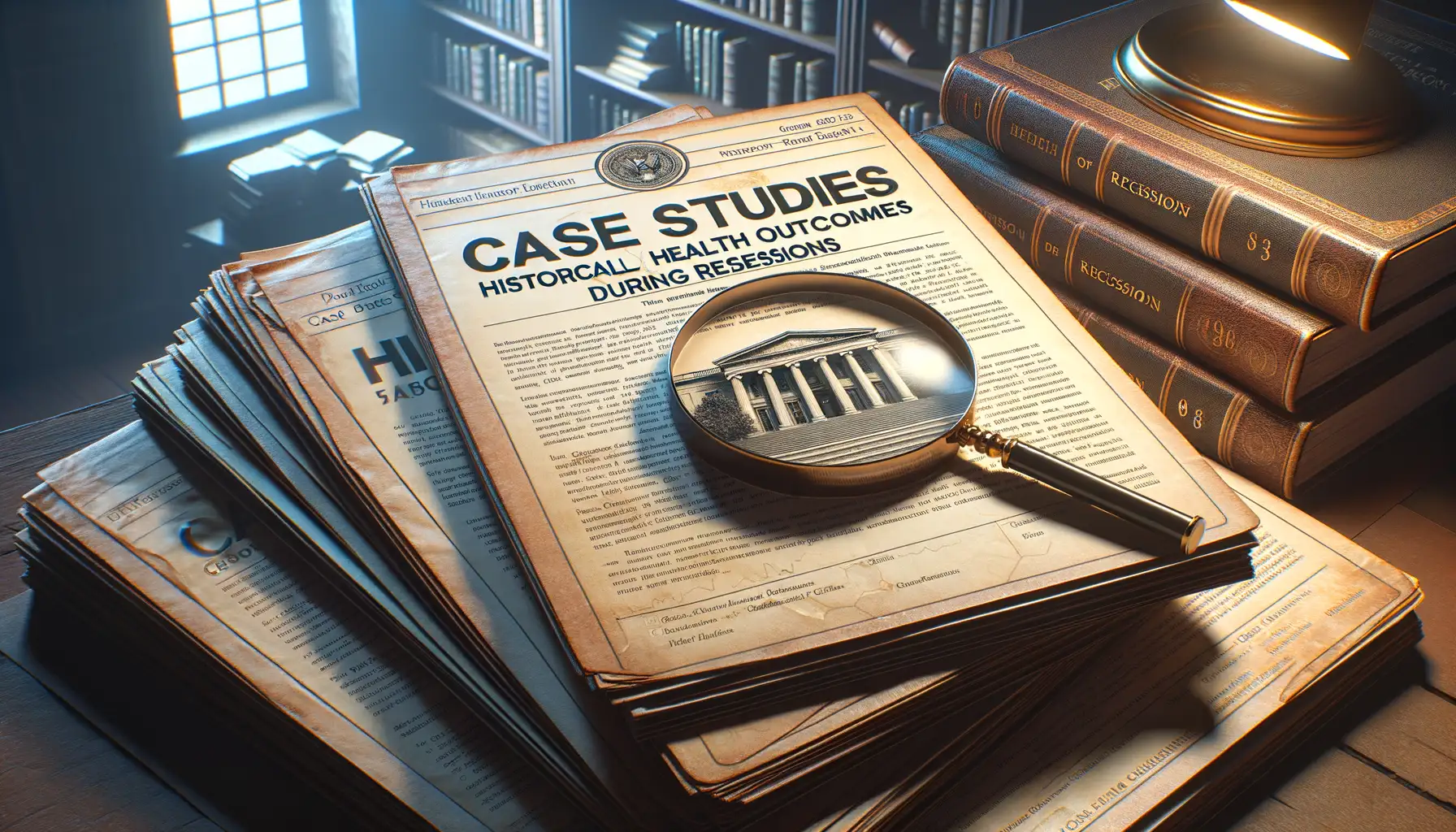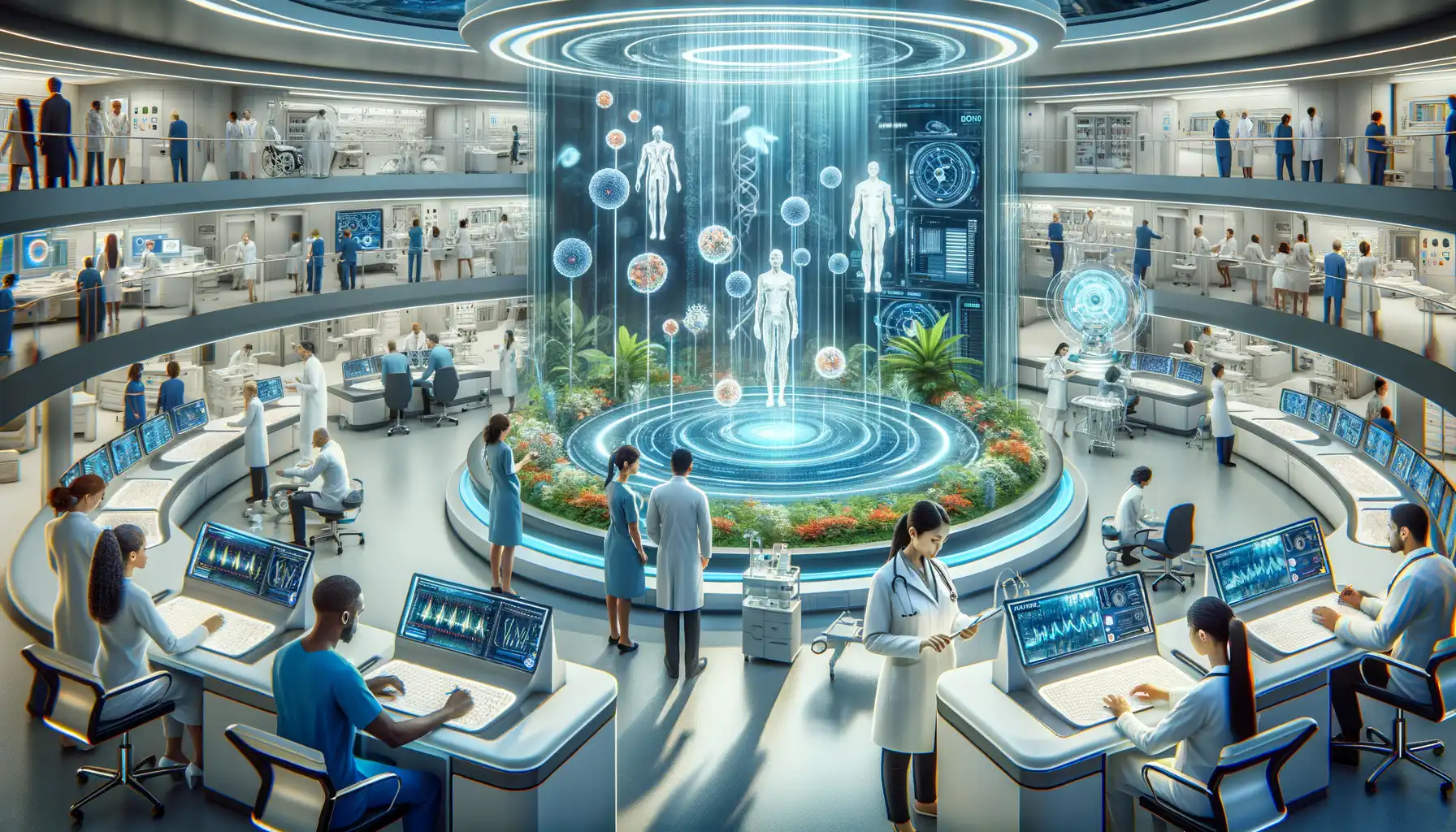Understanding Economic Recessions and Their Causes
What Exactly Is an Economic Recession?
Picture this: the economy is like a living, breathing organism. Sometimes it thrives—jobs are plentiful, businesses boom, and people feel financially secure. And then, seemingly out of nowhere, it stumbles. That stumble, my friend, is what we call a recession. Put simply, it’s when the economic heartbeat slows down for months—sometimes even years—at a time.
During a recession, we see a cocktail of challenges: unemployment spikes as companies tighten their belts, consumer spending nosedives, and even the stock market can feel like it’s riding a rollercoaster… without the fun part. If you’ve ever heard phrases like “tightening our purse strings” or “weathering the storm,” those often capture the mood of a society navigating a recession.
The Roots of the Economic Downturn
But what causes recessions? Here’s where things get fascinating—and a little messy. Think of the economy as a complex ecosystem. A single disruption can send shockwaves. For example:
- Financial crises: Remember 2008? Banks folded, credit dried up, and chaos unfolded on a global scale.
- Sharp declines in spending: Whether due to fear or real financial struggle, when consumers stop buying, businesses suffer.
- External shocks: Pandemics, wars, or natural disasters can throw the entire economy off balance overnight.
It’s rarely just one thing; instead, recessions are like storms brewing from multiple fronts, sometimes catching even experts off guard. Understanding these causes isn’t about looking for someone to blame—it’s about learning how to navigate through the turbulence together.
Direct and Indirect Impacts of Recessions on Public Health

The Ripple Effect: Immediate Struggles in Public Health
Picture this: an economic recession hits, and the ground beneath millions of families feels like it’s giving way. The direct effects on public health are harsh and immediate. Unemployment shoots up, leaving people without employer-sponsored insurance. For many, this means navigating a maze to find affordable healthcare—or, more likely, skipping care altogether.
Stress becomes a silent epidemic. With bank accounts dwindling, people start cutting corners on essentials, like nutritious food or medications. Imagine choosing between paying rent or refilling your insulin prescription—heartbreaking, but it’s a reality for some. Healthcare systems also feel the squeeze, with funding shortfalls leading to reduced services when they’re needed most.
- Childhood health takes a hit: Poor nutrition, interrupted immunizations, and heightened stress can stall growth and development.
- Communities see spikes in mental health crises, substance abuse, and even preventable illnesses.
Hidden Waves: Long-Term Effects You Don’t Always See
But recessions don’t just bruise—they leave lasting scars. Years later, we often see their ripples, especially in low-income areas. Picture a young adult struggling with chronic conditions tied to malnutrition during childhood or an older worker who never fully recovers from the burnout of prolonged joblessness.
Social support networks fray, too. Families and neighbors—once pillars of resilience—can weaken under the weight of prolonged financial strain. Communities may lose vital services like senior care centers or prenatal programs. And let’s not forget the lingering stigma around mental health; during downturns, fewer people seek care, creating a backlog of untreated issues.
Whichever way you turn it, recessions act like stubborn storms—leaving both visible wreckage and invisible wounds. But understanding these layers is the first step to bracing ourselves better for future storms.
Case Studies: Historical Health Outcomes During Recessions

Echoes of the Great Depression: A Public Health Wake-Up Call
Picture this: it’s the 1930s, and the world is grappling with the crushing grip of the Great Depression. Businesses crumble, unemployment skyrockets, and millions suddenly find themselves without a safety net. What happened to their health during this economic chaos? The answer is both sobering and insightful.
Let’s start with nutrition—or lack thereof. With incomes vanishing, families replaced balanced meals with whatever filled bellies the cheapest. Diseases like scurvy and rickets, seemingly relics of an earlier era, made a grim comeback, especially among children. Mental health? It took a nosedive. Imagine trying to feed your family while eviction notices pile up—anxiety and depression weren’t just “conditions”; they were daily realities.
But here’s the twist: not *all* health outcomes worsened. Infant mortality rates actually dropped in some areas, leaving puzzled researchers in their wake. Why? Some believe fewer industrial jobs meant lower workplace injuries, while others argue people simply slowed down, focusing more on familial care.
One thing’s for sure—every economic downturn has its own health story to tell, etched in policies, communities, and those caught in the crossfire.
The 2008 Financial Crisis: Lessons from the Recent Past
Fast forward to the 2008 crash. Remember the housing bubble bursting and financial giants tumbling? It wasn’t just Wall Street that suffered; Main Street felt the blow too—with health consequences you might not expect.
– **Lifestyle diseases surged**: Stress over lost jobs and homes coincided with spikes in obesity and heart disease. Cheap, processed foods became survival staples for many families.
– **Mental health spiraled**: Calls to suicide hotlines soared, and prescriptions for antidepressants hit record highs.
– **Healthcare access narrowed**: Millions lost insurance as employers downsized or disappeared altogether.
Despite the chaos, there were flickers of hope. Community-led initiatives, like food banks and mental health support groups, became lifelines for those left behind. These grassroots efforts are proof that resilience often blooms brightest when systemic failures loom largest.
Recessions reveal truths about our societies—and ourselves—that can’t be ignored.
Strategies to Mitigate Negative Health Effects in Economic Downturns

Building Personal Resilience Amid Financial Chaos
When the economy stumbles, it can feel like the ground has been pulled out from under you. But here’s the truth: even in times of financial turbulence, there are strategies that can help steady your health and well-being. Think of these as your lifeboats in a stormy sea.
First, focus on what you can control. The stress of uncertainty can wreak havoc on your body—flooding your system with cortisol, disrupting sleep, and even suppressing your immune defenses. Try incorporating short, daily habits to anchor yourself. For example:
- Dedicate 15 minutes to mindfulness or deep breathing exercises.
- Switch to nutrient-packed, budget-friendly staples like lentils, oats, and frozen veggies.
- Take micro-breaks during the day to stretch or step outside for sunlight.
Lean into your community. Economic downturns often fray social ties, but this is when human connection matters most. Start small: check in on a neighbor, join an online support group, or trade skills with friends (think babysitting swaps or home repairs!). These seemingly minor gestures can flood your brain with feel-good hormones like oxytocin and remind you that you’re not alone in this.
Advocating for Systems That Protect You
Beyond personal actions, remember that macro changes make a difference too. Advocate for policies that protect vulnerable populations. We’ve seen how programs like SNAP (Supplemental Nutrition Assistance Program) or universal healthcare can buffer against recessions’ worst health impacts. Send letters, sign petitions, or attend town hall meetings to share your voice.
Lastly, don’t underestimate the power of spreading trusted resources. If someone close to you doesn’t know where to turn for mental health support or affordable prescriptions, share links, helpline numbers, or community services. Sometimes, a single act of care sets off a ripple effect of hope.
Future Perspectives on Public Health Resilience

Embracing Innovation to Safeguard Public Health
Picture this: a future where public health weathers economic recessions like a sturdy oak tree facing fierce storms. Building such resilience will require bold and innovative strategies that push boundaries. Advances in technology, like predictive AI models, can help forecast outbreaks by analyzing patterns in economic data. Imagine apps that alert communities, much like weather warnings for hurricanes, about potential public health risks tied to financial downturns.
But it’s not just about tech. Communities thrive when they’re rooted in connection. Consider how networks of local organizations could collaborate in new ways, pooling resources to ensure uninterrupted access to essential services like mental health counseling or chronic disease management. These partnerships could be lifelines, especially for vulnerable populations who often bear the greatest health impacts during crises.
- Develop workforce training programs to prepare healthcare professionals for high-demand economic crises.
- Expand community-based health initiatives to proactively address social determinants of health.
Redefining Public Health Priorities in Uncertain Times
The next generation of public health thinkers must also ask tough questions: What truly matters to people in times of scarcity? How do you triage care in ways that are fair, ethical, and impactful? For example, during past recessions, many countries prioritized hospital-based treatment over preventive care. But what if the emphasis shifted? What if we invested more in the “frontlines”–those early and intermediate steps like free health screenings or robust vaccination drives, so that fewer people end up needing acute care?
The path ahead demands not just resilience but adaptability–and maybe even a little humility. Because if there’s one thing history teaches us, it’s that unexpected challenges are inevitable. What matters is how we rise to meet them, with compassion, creativity, and courage.
